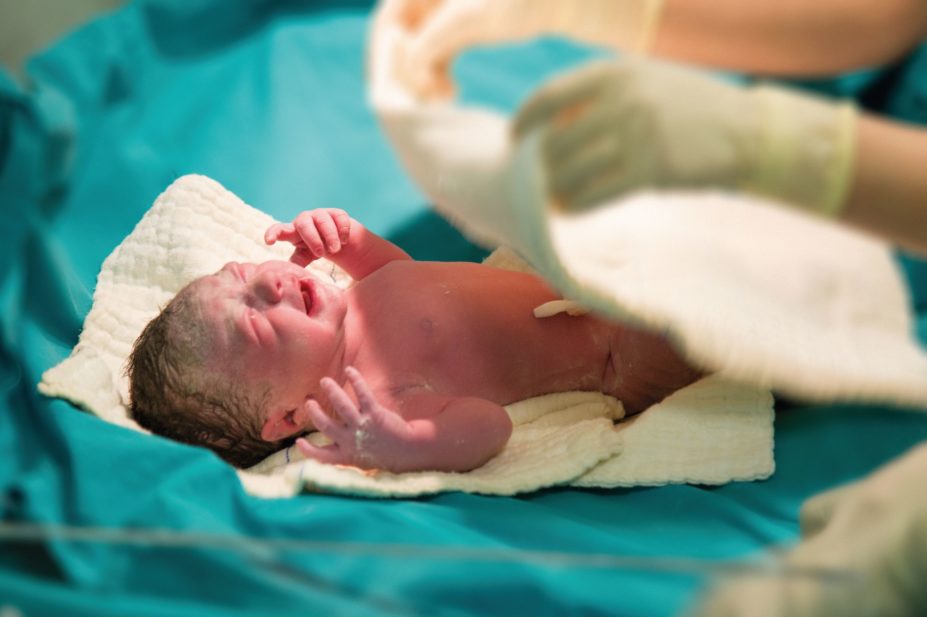
Shutterstock.com
Neuraminidase inhibitors are recommended for women exposed to the influenza virus during pregnancy, but there are limited data available about their effect on infant outcomes.
To investigate, a team of researchers analysed registry data from Denmark, Norway, Sweden and France involving 698,056 women and their infants who were born between 1 January 2008 and 31 December 2010.
The researchers found that infants born to the 5,824 (0.8%) women who received a prescription for a neuraminidase inhibitor during pregnancy had no increased risk of adverse neonatal outcomes or congenital malformations compared with the other infants in the study.
Reporting in The BMJ
[1]
(online, 28 February 2017), the researchers say that the findings from this large multinational study support those from previous research.
References
[1] Graner S, Svensson T, Beau A-B et al. Neuraminidase inhibitors during pregnancy and risk of adverse neonatal outcomes and congenital malformations: population-based European register study. BMJ 2017; 356: j629. doi: 10.1136/bmj.j629


